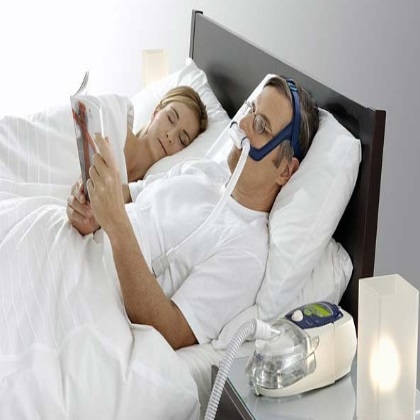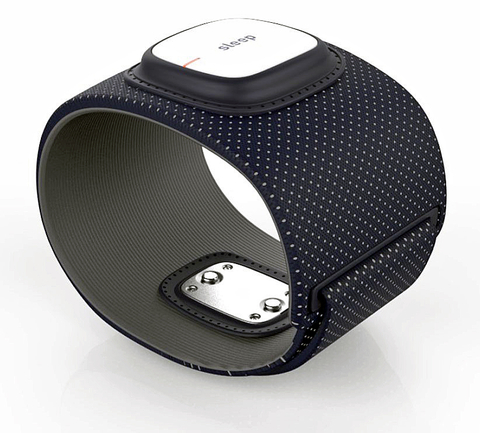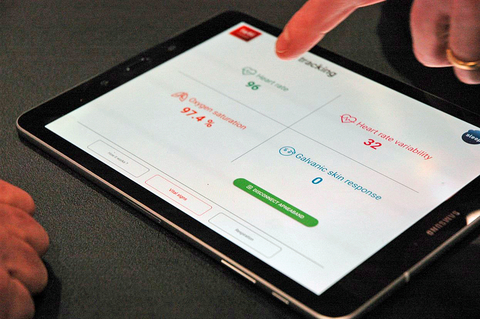What was once a niche medical condition, sleep apnea has become a major concern over the past couple years. Sleep apnea is a condition whereby a person stops breathing in his or sleep for anywhere from several seconds to a minute or more. And this can happen several times within an hour.
This pause in the breathing cycle causes the sleeper to exit the deep sleep stage and enter the light sleep stage or wake up. The result is a lack of sleep that will negatively impact that person’s performance during waking hours. This is not good for the sleep-apnea sufferer on any level and especially if that person is employed in a position involving responsibility for the safety of others. For example, an airline pilot or public transportation bus driver or train operator. Or better still, you don’t want to be having surgery performed on you by a surgeon who is a chronic sleep apnea sufferer.

Doctors usually diagnose sleep apnea based on both medical and family histories, a physical exam, and/or sleep study results. If diagnosis is sleep apnea, the doctor may send the patient to a sleep specialist. The process could be long involved just to get to the treatment process, forget about a cure.

Possibly in response to this involved and lengthy process, Leti, a research institute of CEA Tech, has developed a wristband that measures physical indicators of a range of conditions, including sleep apnea, dehydration, and dialysis-treatment response. Dubbed APNEAband, the wearable component is said to provide accurate, real-time detection of sleep-apnea events caused by pauses in breathing or shallow breaths during sleep. It measures heart rate, variation in the time interval between heartbeats, oxygen saturation levels in the blood, and stress level. As a result, having recorded these four indicators helps physicians make a full and reliable medical diagnosis of sleep apnea.

Alexandre Thermet, Leti healthcare industrial partnership manager in the US, says, “This small wristband eliminates the need to spend the night in a medical lab hooked up to sensors and equipment that measure these key indicators. APNEAband brings a safe, easy-to-use, affordable and non-invasive solution to detect sleep apnea at home.”

Working with Prof. Jean-Louis Pepin and his team at Grenoble Alpes University and INSERM from the Physiology Laboratory in Grenoble CHU’s hospital, Leti designed, developed and validated an advanced software technology that efficiently extracts and screens health parameters relevant to sleep apnea. APNEAband’s embedded technology can be applied to detect and track various other health conditions such as acute mountain sickness, dehydration, dialysis treatment response, chronic pain, epileptic seizures, phobia, and panic disorder. The wristband’s cardiac-coherence biofeedback also helps people who want to achieve total relaxation with simple breathing exercises. Possible applications also include detecting work-related stress or hot flashes and stress, while playing video games.
Do you need your thirst for more details quenched so can get to sleep tonight? If so, visit Leti online and, should you be attending or thinking of attending CES 2018, check out Leti’s demo of APNEAband at the CEA Tech Village, booth 50653 in Eureka Park.